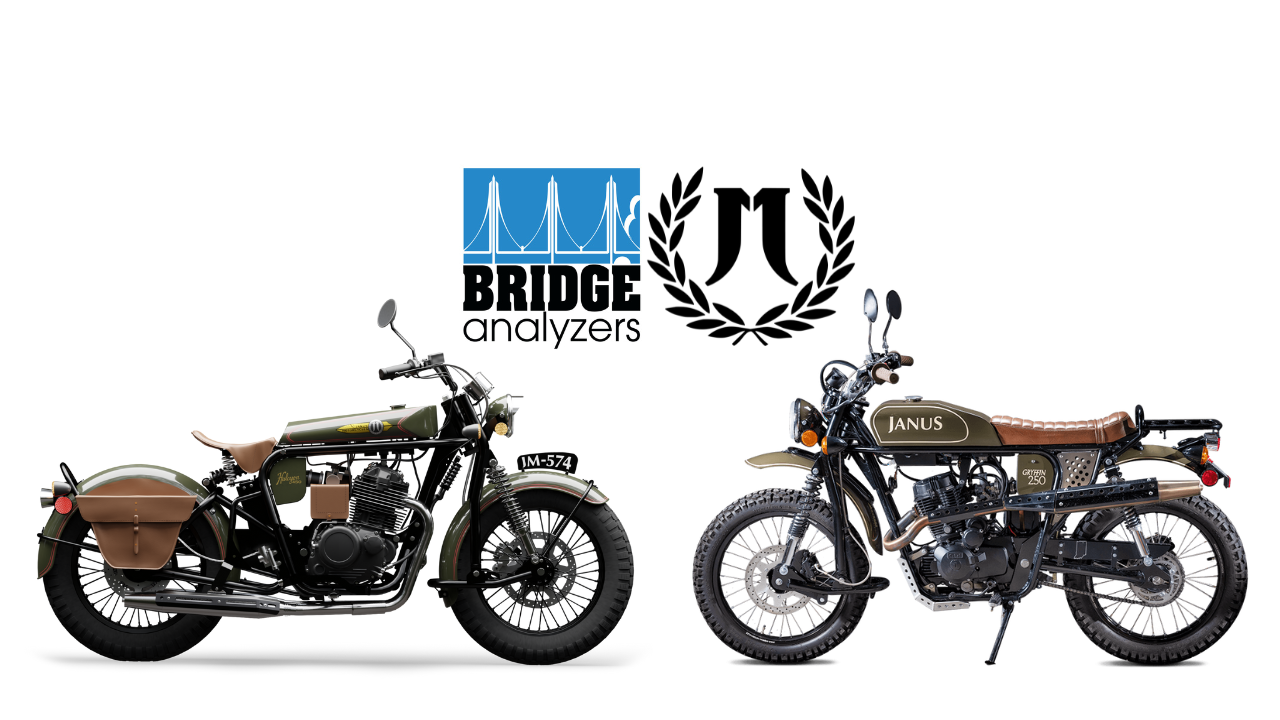Take a moment to consider the world as it currently is. It is filled with technology, with screens, memes, noise, and distraction, in short, it breeds a hyperactive lack of focus in even the calmest of us. We are more “connected” than ever, yet have never been more disconnected. Disconnected from each other as well as disconnected from our own minds and our own bodies. This lack of connection to what is meaningful is becoming something of a crisis in our culture. Partially this crisis comes from a loss of connection to the physicality of our humanity. We spend much of our time in front of screens of all sorts: smartphone screens, computer screens, television screens, and even the windscreens of our cars. Our lives our mediated to us but rarely ever lived deeply by us. This crisis is deeply felt if hardly ever talked about, but its presence in our society can be seen not only by the growing rates of depression and loneliness in everyone from children to geriatrics, but also by the growing popularity of those activities that might quell this existential unease: the fitness industry, extreme sports, and the mindfulness movement, to name only a few.
While many people are content to passively forfeit their human agency to ever-expanding technological innovation and agree with Elon Musk that “we are already cyborgs,” some of us— dare I say the intrepid, rebellious minority – are not willing to give up our humanity just yet. Call us old school. Call us throwbacks. Call us Luddites. We don’t care. We don’t want self-driving cars and automated electric everything. We get tired of looking at screens all day. We are tired of having life lived for us. We need to get out— out of the office, out of the house, out of our heads. We need to get out on the road. We like combustion engines and doing things ourselves, we like fixing things with our own hands, and we like using our bodies and moving them through the world at our own pace, not someone else’s. That’s why we like motorcycles.
Robert Pirsig in his masterpiece on motorcycling, Zen and the Art of Motorcycle Maintenance, wisely supplements what we are saying when he writes,
“In a car you’re always in a compartment, and because you’re used to it you don’t realize that through that car window everything you see is just more TV. You’re a passive observer and it is all moving by you boringly in a frame. On a motorcycle the frame is gone. You’re completely in contact with it all. You’re in the scene, not just watching it anymore, and the sense of presence is overwhelming.”
Maybe what we are looking for is to become active participants and not just “passive observers” of our lives and experiences, maybe we realize that we need to get away from the screen and into the scene, as it were, to be present to the reality of the world we are in and in doing so to become present to ourselves again.
Our friends at Janus Motorcycles seem to agree with us here, which is one of the reasons we are so happy to provide them with our 5 Gas Exhaust Gas Analyzers and be a small part of their awesome business. According to their website, their motorcycles were made for riders “looking for a closer connection with their machine, the road, and the passing landscape.” Their co-founder Richard Worsham said this of their bikes: “We produce a product that channels function and beauty in equal parts. Our goal is to produce bikes that connect the rider with the machine and the road, with speed and agility that will make riding simply fun.”
Does motorcycling have all the answers to our personal and societal problems? No, but it might give us a vision of what a more fully lived, meaningful life might look like. When riding is going well you often feel that you are one with your motorcycle, the road, and the world around you; and for those few hours when you are out on the road and the riding is going well you may get the relief that only motorcycling can provide, the relief that comes from being solely in control of your immediate destiny. As the late, great writer and motorcyclist John Berger once said,
“One is all the time surrounded by risk. The thing about riding a bike is that you ride the risk, so it’s no longer unknown or shadowy. Another thing is that when you’re riding a bike the time between a decision and the effect of that decision – and both depend on your whole body – is the briefest possible. You decide something, and it happens, and at that moment you’re touching something which is very close to existential freedom.”
Maybe in a strange way our motorcycles make us more human in that they bring us back to a sense of our embodied presence and active involvement in the real, risk-filled world that most of the time we are not deeply engaged with or connected to. And maybe that is more than enough to ask of motorcycling for now. See you on the road.
—
Stay tuned for an in-depth interview with Janus Motorcycles co-founder Richard Worsham where we will talk about motorcycles, exhaust emissions, the EPA certification process, and much more.
